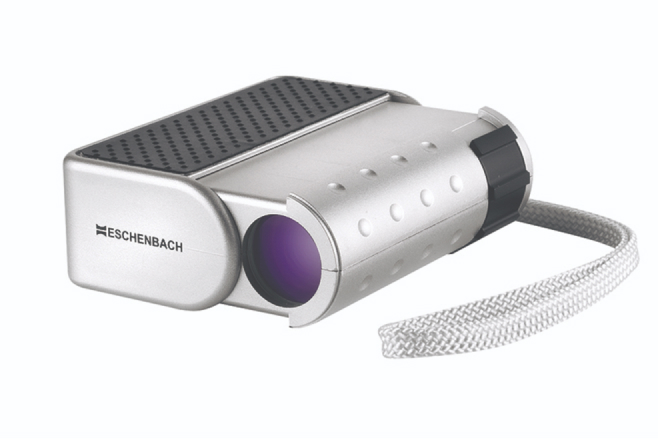

Low vision refers to a significant visual impairment that cannot be fully corrected with glasses, contact lenses, medicine, or surgery. It is not the same as complete blindness but indicates a level of vision loss that makes everyday tasks challenging. People with low vision may struggle with activities such as reading, recognizing faces, shopping, or cooking.
Low vision can result from various eye conditions, including:
A common cause, particularly in older adults, affecting the central part of the retina and leading to loss of central vision.
A group of eye conditions that damage the optic nerve and can lead to vision loss.
Caused by damage to the blood vessels in the retina due to diabetes, leading to vision impairment.
Clouding of the eye's lens, often related to aging, which can impair vision.
A genetic disorder that affects the retina and can lead to tunnel vision or complete vision loss.
Individuals with low vision may experience:
Living with low vision can be challenging, but various strategies and tools can help individuals maintain independence and quality of life:


Low vision is a significant impairment that impacts many aspects of daily life. However, with the right tools, support, and adaptations, individuals with low vision can lead fulfilling and independent lives. It is essential for those experiencing vision loss to seek professional guidance to explore available resources and strategies.
Eyes Harvest Hills is a provider of Ocutech Bioptics and Eschenbach products that offers a variety of Low Vision Aids Optical Aids such as such as telescopes and stand magnifiers, which can enhance vision.
If you or someone you know is struggling with low vision, contact us to book a consult for Low Vision Aids.